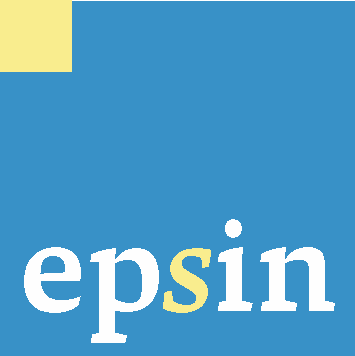Seminar Circular and partial Economy, Eindhoven 2020
Report of the European Working Group Circular and partial economy
Possibilities for integration into the labour market for job-seekers who have limitations
(project nr. 13 02 19 AG)
Eindhoven, the Netherlands
30 & 31 January and 1 February 2020
[> Download the 2020 EPSIN Report Circular Economy

Some highlights:
Summing up the seminar
The introduction by Fons Claessen had given us a good basis and knowledge level for the excursion to Het Beginstation and the discussion on chances for employment on the second day of this meeting.
We have seen a very fine example of a pioneer and front-runner in circular economy that combines the principles of sustainability with providing employment to men and women with a distance to the labour market. Circular economy is not only restricted to recycling of products but also aimed at preventing the waste of human talent, recycle the talents and providing the men and women job opportunities.
This example is discussed and extended with new examples in the exchange of experiences with the represented countries.
The introduction of Kris Bachus enabled us to have a good insight in the job opportunities of circular economy. We learned that mostly low skilled workers can benefit from circular economy. We discussed how to cope with this problem in a future seminar.

Excursion to Het Beginstation Helmond
A company that combines circular economy with creating jobs and job chances
Het Beginstation (Station for starters) has started at the railway station in Helmond, NL. Eindhoven and Helmond are key centers in innovation.
Serge Kornuyt is a member of the Young Employers and has a strong conviction and belief in circular economy. In his view a clean economy without too much waste products must be possible. But in our more and more complex society not only materials are being wasted but we also see a waste of human talent. That’s why Serge Kornuyt has started his company with students and people with a distance to the labour market. He employs a broad spectre: handicapped, autists, refugees, ex-drugaddicts and people recovering from a burn out.

